By Tome Loulin
For many times around, I did not know what to remember not because of the forgetfulness but of the heaviness of the things gone too soon to be properly preserved or remembered. Writing is, of course, not all about remembering things worth remembering but imagining also, maybe, because for most of us, there are many different ways of interpretating an event.
Human beings are capable of telling a thing or a story from different angles, increasing the fragility of our already-too-fragile belief of the existing of truth. Writers, who are said to be the truth seekers and to occupy a moral vocation, rarely write for their own interests but for the irresistible urge to tell something ineffably important, something absolutely meaningful.
To this point, nothing stops writers from picking up their pens to write something worth our attention. In this regard, writers are more like attention guiders, instead of attention seekers. The very notion that ‘something important’, if untold, may never find its appropriate candidate who can tell and retell it clearly is still evidently relevant to and resonate with today’s critical minds who have longed for the reevaluation of our living conventions altogether not because the languages we speak fail short to regard this issue but because storytelling as a moral occupation is always a way for us to discover how incompetent a storyteller is. What a great storyteller could reveal is nothing but this: every seeing has a angle and every narrator has a standing. And the question that is yet to be examined critically by all who love, care of, concerned about literature couldn’t be more obvious: are the words we use to record the relationship between our mental world and this physical reality accurate or not, especially when they are used to describe the things that we think are the fact?
People, mostly, use language not only for communication but for the remembrance of personal significance. In our understanding, we, from a very early age, learned to separate things, things that are categorized dichotomously such as ours versus theirs, here versus there, present versus past, alien versus familial etc. so no wonder we are all like edging toward one extreme to another, failing short to maintain a grey-zone where differentness of everything is recognized and preserved as the fundamental prerequisite that guarantees our harmonious existence. And perhaps inevitably, this notion of differentness may sound unsounding to some who prefer the ultimate selection, which is usually another word for indifference, of the competence by the force of nature or natural selection for short.
And by writing, things known or unknown come to our mind in the form of labels, ambiguously defined concepts that are usually self-reflectively over-generalized without proper consideration of the untypical, odd, and rare.
Like photographs that often vivify, permanentize, and seizure the moments personally significant and precious to us because what camera captures is not merely visually preserved images but also the feelings that are related to certain moments and that could hardly be re-experienced without this medium, words are used directly for such purposes but with lesser degree for letters and characters are initially intentioned to record collectively important events. And compared to spoken language, the history of written form of languages is much near and short, suggesting a greater loss of connection between the current and the early ages. And despite of this lateness, writing system is much advantageous to withstand the test of time in term of the preservation of our spiritual selves.
And it is with the help of written language that our thoughts and ideas could be more widely disseminated, known, understood, critically examined or misinterpreted in the public so we won’t easily surrender our past to time. We can get more time to indulge in the past that existed in our mental world, even that past memory may very likely be distorted inevitably by the force of time. But we yearn for that literary remembrance because that may be the own way we can pretend that something beautiful could be at least partially remembered. And for many of us, the factualness of a written record of one’s past is not the point of concern here; instead, it’s the genuineness of the feelings inside the work that we value for we create words in order to preserve our inner selves from which our dreams come.

